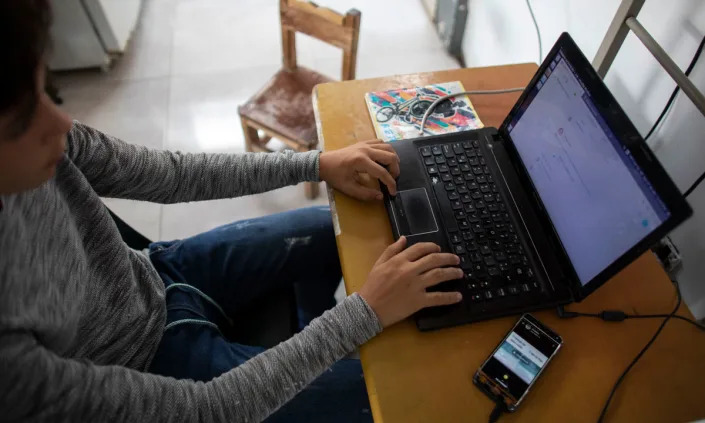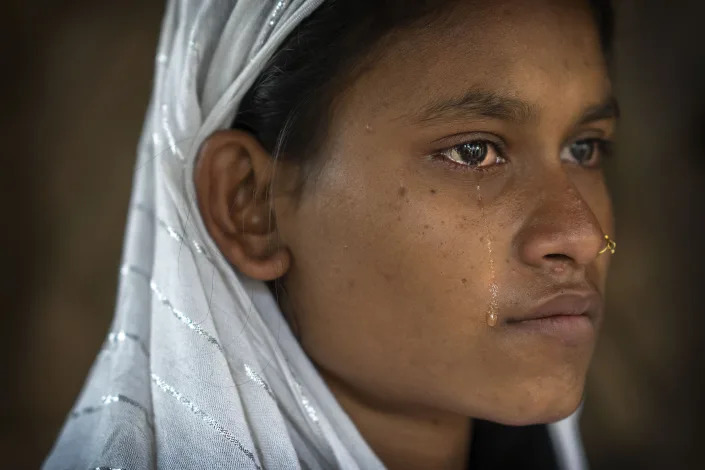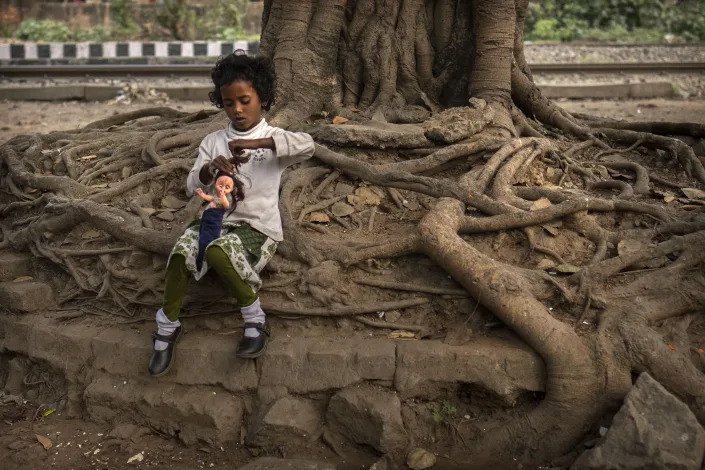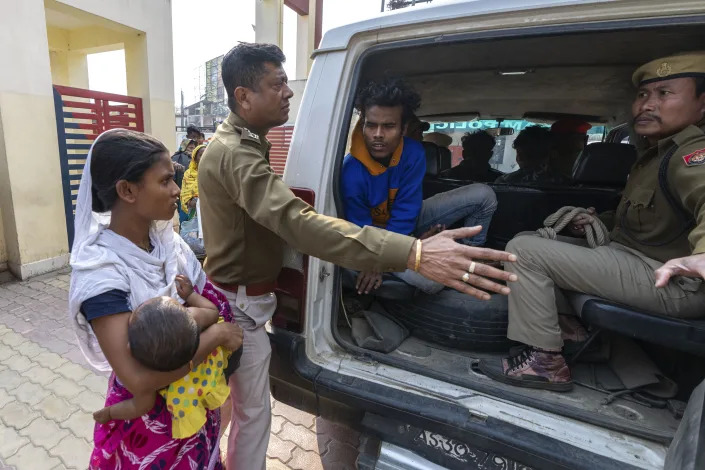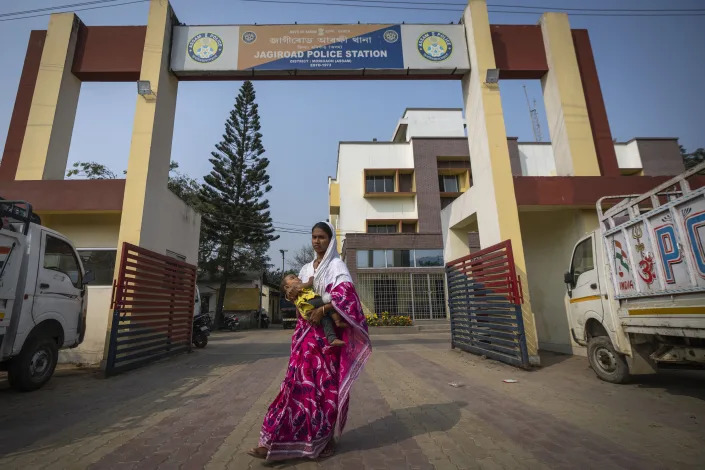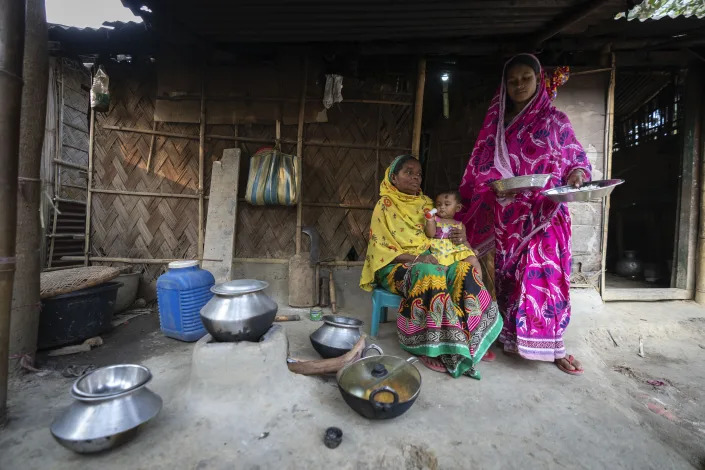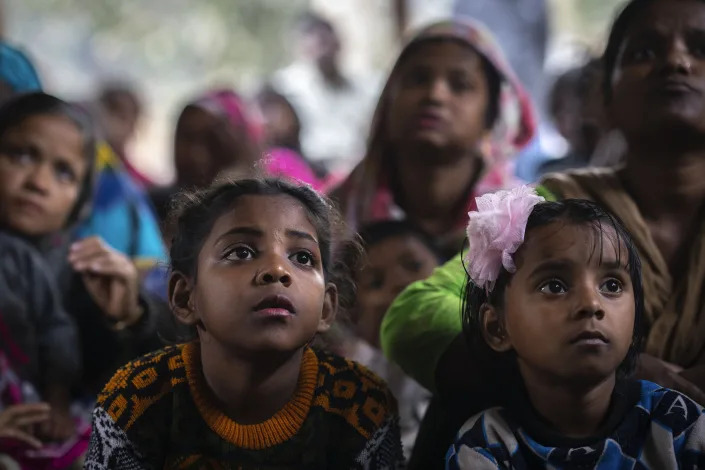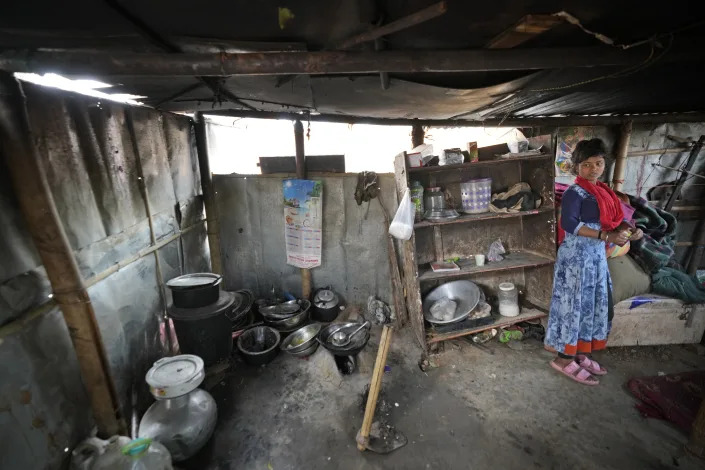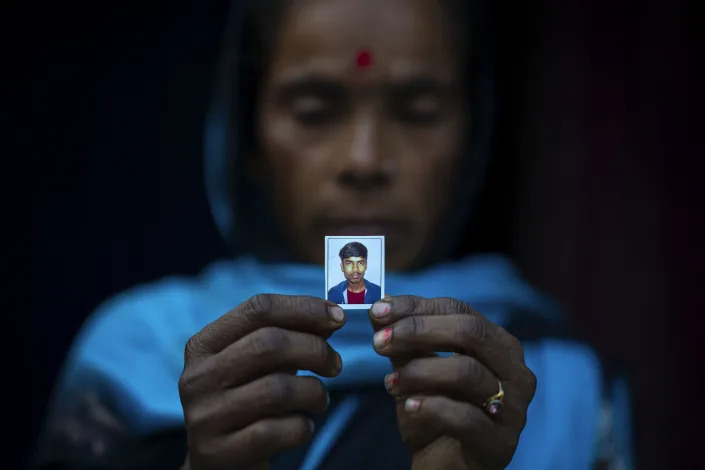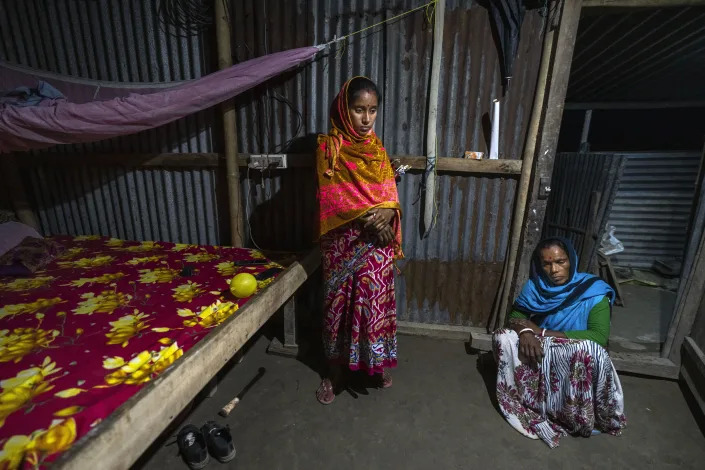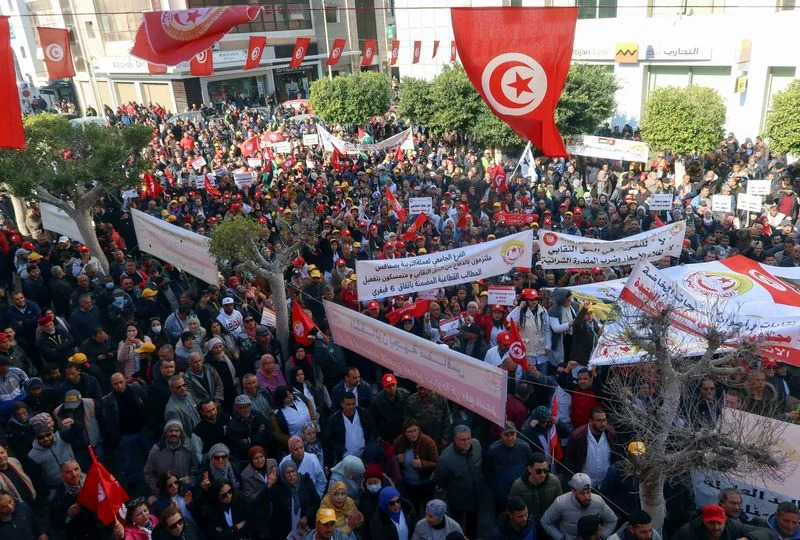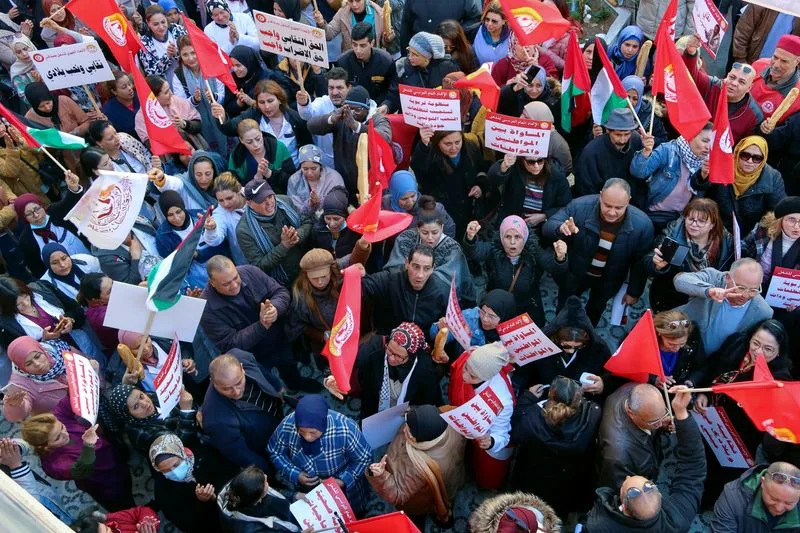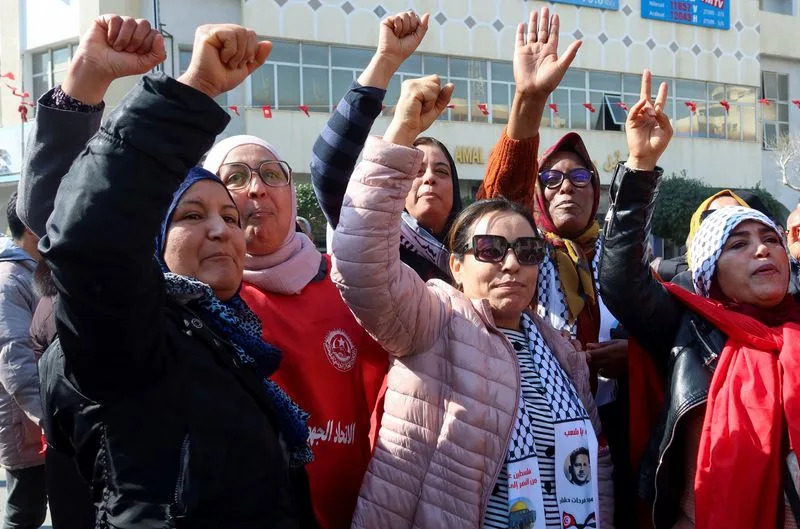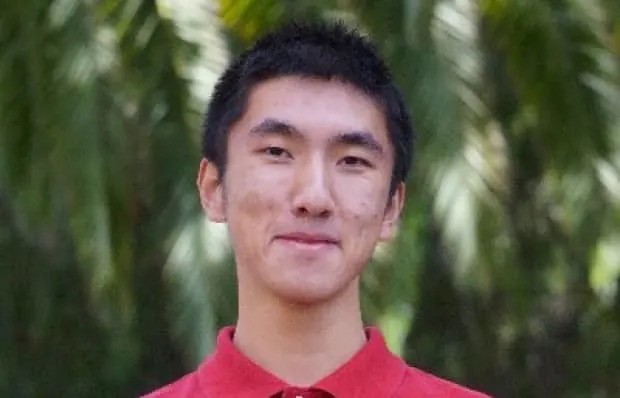How Climate Change Is Making Tampons (and Lots of Other Stuff) More Expensive
Coral Davenport
Sat, February 18, 2023

Cotton left over after the harvest in Meadow, Texas, Jan. 19, 2023. (Jordan Vonderaar/The New York Times)
When the Agriculture Department finished its calculations last month, the findings were startling: 2022 was a disaster for upland cotton in Texas, the state where the coarse fiber is primarily grown and then sold around the globe in the form of tampons, cloth diapers, gauze pads and other products.
In the biggest loss on record, Texas farmers abandoned 74% of their planted crops — nearly 6 million acres — because of heat and parched soil, hallmarks of a megadrought made worse by climate change.
That crash has helped to push up the price of tampons in the United States 13% over the past year. The price of cloth diapers spiked 21%. Cotton balls climbed 9%, and gauze bandages increased by 8%. All of that was well above the country’s overall inflation rate of 6.5% in 2022, according to data provided by the market research firms NielsonIQ and The NPD Group.
It’s an example of how climate change is reshaping the cost of daily life in ways that consumers might not realize.
West Texas is the main source of upland cotton in the United States, which in turn is the world’s third-biggest producer and largest exporter of the fiber. That means the collapse of the upland cotton crop in West Texas will spread beyond the United States, economists say, onto store shelves around the world.
“Climate change is a secret driver of inflation,” said Nicole Corbett, a vice president at NielsonIQ. “As extreme weather continues to impact crops and production capacity, the cost of necessities will continue to rise.”
Halfway around the world in Pakistan, the world’s sixth-largest producer of upland cotton, severe flooding, made worse by climate change, destroyed half that country’s cotton crop.
There have been other drags on the global cotton supply. In 2021, the United States banned imports of cotton from the Xinjiang region of China, a major cotton-producing area, out of concerns about the use of forced labor.
But experts say that the impact of the warming planet on cotton is expanding across the planet with consequences that may be felt for decades to come.
By 2040, half of the regions around the globe where cotton is grown will face a “high or very high climate risk” from drought, floods and wildfires, according to the nonprofit group Forum for the Future.
Texas cotton offers a peek into the future. Scientists project that heat and drought exacerbated by climate change will continue to shrink yields in the Southwest — further driving up the prices of many essential items. A 2020 study found that heat and drought worsened by climate change have already lowered the production of upland cotton in Arizona and projected that future yields of cotton in the region could drop by 40% between 2036 and 2065.
Cotton is “a bellwether crop,” said Natalie Simpson, an expert in supply chain logistics at the University at Buffalo. “When weather destabilizes it, you see changes almost immediately,” Simpson said. “This is true anywhere it’s grown. And the future supply that everyone depends on is going to look very different from how it does now. The trend is already there.”
Return of the Dust Bowl
For decades, the Southwestern cotton crop has depended on water pumped from the Ogallala Aquifer, which stretches underneath eight western states from Wyoming to Texas.
But the Ogallala is declining, in part because of climate change, according to the 2018 National Climate Assessment, a report issued by 13 federal agencies. “Major portions of the Ogallala Aquifer should now be considered a nonrenewable resource,” it said.
That is the same region that was abandoned by more than 2 million people during the Dust Bowl of the 1930s, caused by severe drought and poor farming practices. John Steinbeck famously chronicled the trauma in his epic “The Grapes of Wrath,” about a family of cotton farmers driven from their Oklahoma home. Lately, the novel has been weighing on the mind of Mark Brusberg, a meteorologist at the Agriculture Department.
“The last time this happened, there was a mass migration of producers from where they couldn’t survive any longer to a place where they were going to give it a shot,” Brusberg said. “But we have to figure out how to keep that from happening again.”
In the years since, the farmland over the Ogallala once again flourished as farmers drew from the aquifer to irrigate their fields. But now, with the rise in heat and drought and the decline of the aquifer, those dust storms are returning, the National Climate Assessment found. Climate change is projected to increase the duration and intensity of drought over much of the Ogallala region in the next 50 years, the report said.
Barry Evans, a fourth-generation cotton farmer near Lubbock, Texas, doesn’t need a scientific report to tell him that. Last spring, he planted 2400 acres of cotton. He harvested 500 acres.
“This is one of the worst years of farming I’ve ever seen,” he said. “We’ve lost a lot of the Ogallala Aquifer, and it’s not coming back.”
When Evans began farming cotton in 1992, he said, he was able to irrigate about 90% of his fields with water from the Ogallala. Now that’s down to 5% and declining, he said. He has been growing cotton in rotation with other crops and using new technologies to maximize the precious little moisture that does arrive from the skies. But he sees farmers around him giving up.
“The decline of the Ogallala has had a strong impact on people saying it’s time to retire and stop doing this,” he said.
Kody Bessent, the CEO of Plains Cotton Growers Inc., which represents farmers who grow cotton across 4 million acres in Texas, said that land would produce 4 or 5 million bales of cotton in a typical year. Production for 2022 is projected at 1.5 million bales — a cost to the regional economy of roughly $2 billion to $3 billion, he said.
“It’s a huge loss,” he said. “It’s been a tragic year.”
From Cotton Fields to Walmart Shelves
Upland cotton is shorter and coarser than its more famous cousin, Pima cotton. It is also far more widely grown and is the staple ingredient in cheap clothes and basic household and hygiene products.
In the United States, most cotton grown is upland cotton, and the crop is concentrated in Texas. That’s unusual for a major commodity crop. While other crops such as corn, wheat and soybeans are affected by extreme weather, they are spread out geographically so that a major event afflicting some of the crop may spare the rest, said Lance Honig, an economist at the Agriculture Department.
“That’s why cotton really stands out, with this drought having such a big impact on the national crop,” Honig said.
Sam Clay of Toyo Cotton Co., a Dallas trader that buys upland cotton from farmers and sells it to mills, said the collapse of the crop had sent him scrambling. “Prices have gone sky-high, and all this is getting passed on to consumers,” he said.
Clay said he is experiencing the impacts himself. “I bought six pairs of Wranglers a year and a half ago for $35 a pair. I’m paying $58 a pair now.”
At least 50% of the denim in every pair of Wrangler and of Lee jeans is woven from U.S.-grown cotton, and the cost of that cotton can represent more than half the price tag, said Jeff Frye, the vice president of sustainability for Kontoor Brands, which owns both labels.
Frye and others who deal in denim did point out, however, that other factors have driven up price, including the ban on imports of Xinjiang cotton, high fuel costs and the complicated logistics of moving materials.
Among the cotton products most sensitive to the price of raw materials are personal care items like tampons and gauze bandages, since they require very little labor or processing like dying, spinning or weaving, said Jon Devine, an economist at Cotton Inc., a research and marketing company.
The price of Tampax, the tampon giant that sells 4.5 billion boxes globally each year, started climbing fast last year.
In an earnings call in January, Andre Schulten, chief financial officer for Procter & Gamble, which makes Tampax, said the costs of raw materials “are still a significant headwind” for the company across several products, forcing the company to raise prices.
On a recent Sunday at a Walmart in Alexandria, Virginia, several shoppers said they had noticed rising prices.
“The price of a regular box of Tampax has gone up from $9 to $11,” said Vanessa Skelton, a consultant and the mother of a 3-year-old. “That’s a regular monthly expense.”
Make Way for Polyester
Cotton farmers say that Washington can help by increasing aid in the farm bill, legislation that Congress is renewing this year.
Taxpayers have sent Texas cotton farmers an average of $1 billion annually over the past five years in crop insurance subsidies, according to Daniel Sumner, an agricultural economist at the University of California, Davis.
Farmers say they’d like expanded funding for disaster relief programs to cover the impact of increasingly severe drought and to pay farmers for planting cover crops that help retain soil moisture. They also say they hope that advances in genetically modified seeds and other technologies can help sustain Texas cotton.
But some economists say it may not make sense to continue support a crop that will no longer be viable in some regions as the planet continues to warm.
“Since the 1930s, government programs have been fundamental to growing cotton,” Sumner said. “But there’s not a particular economic argument to grow cotton in West Texas as the climate changes. Does it make any economic sense for a farm bill in Washington, D.C., to say, ‘West Texas is tied to cotton?’ No, it doesn’t.”
In the long run, it could just mean that cotton is no longer the main ingredient in everything from tampons to textiles, said Sumner, “and we’re all going to use polyester.”
© 2023 The New York Times Company

